
Bilal Al Adaileh
Authors Content Bilal Al Adaileh
Bilal Al Adaileh
Research Assistant, specialized in International Peace and Conflict Resolution
Writings by

Security Issues
New Zealand Attack: A Manifestation of Transnational Terrorism
This paper examines the roots of the extremist ideology that influenced Brenton Tarrant, perpetrator of New Zealand's attack; it explores a comprehensive context that reveals political and social contradictions within Europe that encourage more violent extremism, which this attack manifests. The paper summarizes "The Great Replacement" manifesto posted by the terrorist on a social media platform prior to carrying out his attack. By adopting this terrorist plot as a case study, the paper addresses interactions between the attacker and the right-wing, discussing accuracy in classifying this operation as "lone wolf terrorism." Finally, the paper offers recommendations to contain this growing type of terrorism as part of international efforts to combat multi-faceted terrorism; these multiple facets nourish one another and attract more supporters that are influenced by ideological-based attacks, whose perpetrators become role models for extremists with various motives.
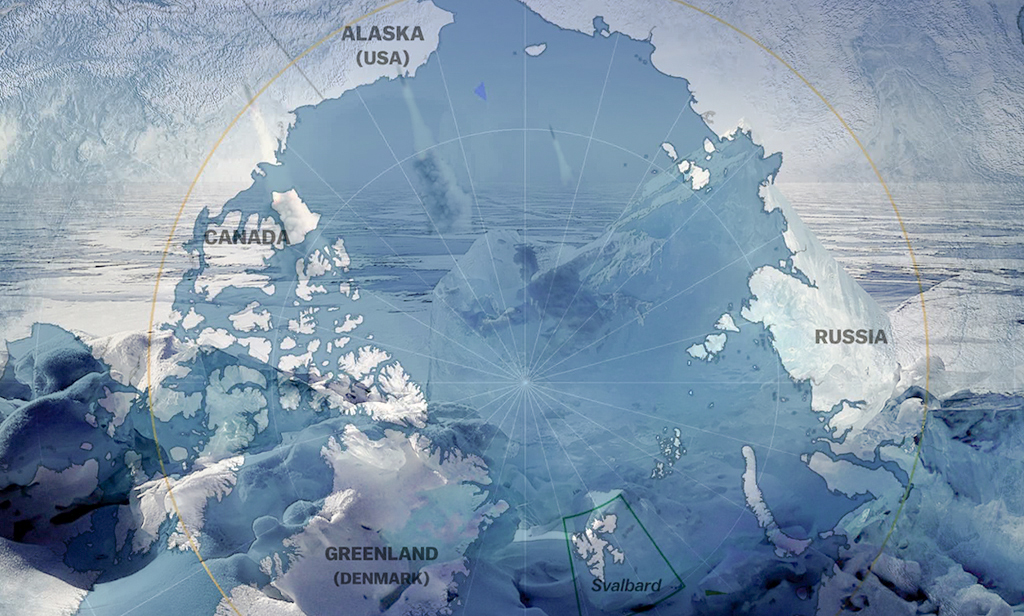
International Relations
The Cold War in the Arctic Circle
Following the decline of a large proportion of its ice cover, will the Arctic Ocean become an arena for an arms race between the NATO and Russia? How will the Middle East region be affected by the climate change in the Arctic? This article discusses the strategic importance of the North Pole and answers the previous two questions.
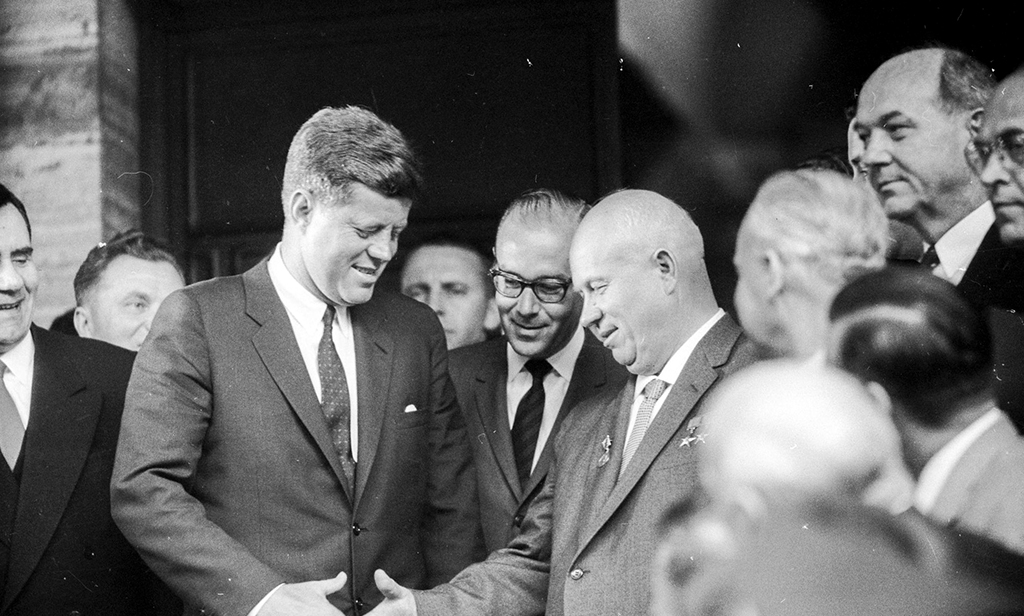
Security Issues
International Crises: Possible De-escalation or Heightened Tensions?
While offering a theoretical definition of the term "international crises" and the required criteria to categorize an event as an "international crisis", the report cites historical events of international crises that had negative and positive effects on the nature of major international interactions. The report also explains, in theory, the reason behind considering the Coronavirus epidemic as an international crisis, providing key lessons learned from past international crises, to expedite the process of economic and political recovery in the post-Coronavirus stage.
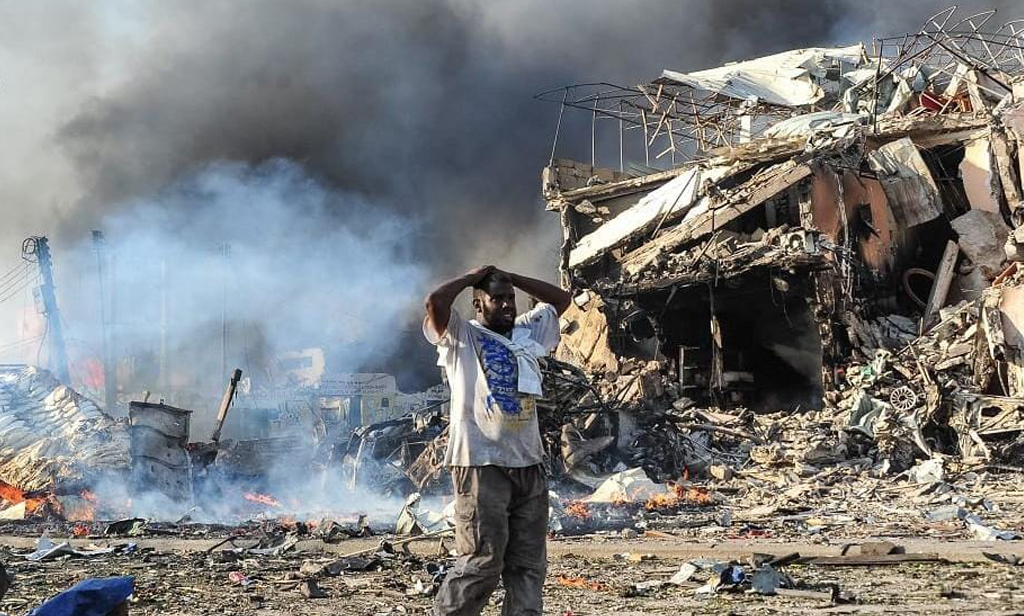
Security Issues
Why Terrorism Has Expanded Into The Jungles Of Africa
This report provides an overview of the development of informal armed groups in Africa, going through the most important factors that make the African continent a quasi-safe haven for the expansion of international terrorism after ISIS retrogression in the Middle East; for Africa is crucial to the global security considerations despite the fact that security studies in this regard are relatively few.
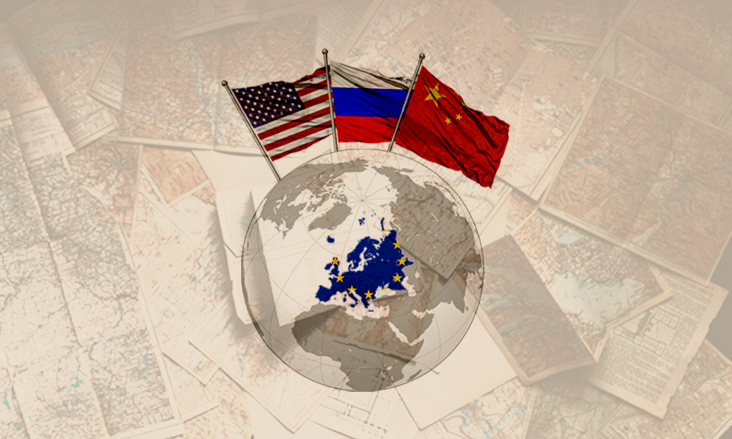
International Relations
The Competition over the Heart of the World
This article assesses the bilateral relations of the two sides of the Atlantic Ocean and addresses Europe’s situation in the geostrategic competition between world powers. It also explores key features of the European political identity that is being formed at the international level.
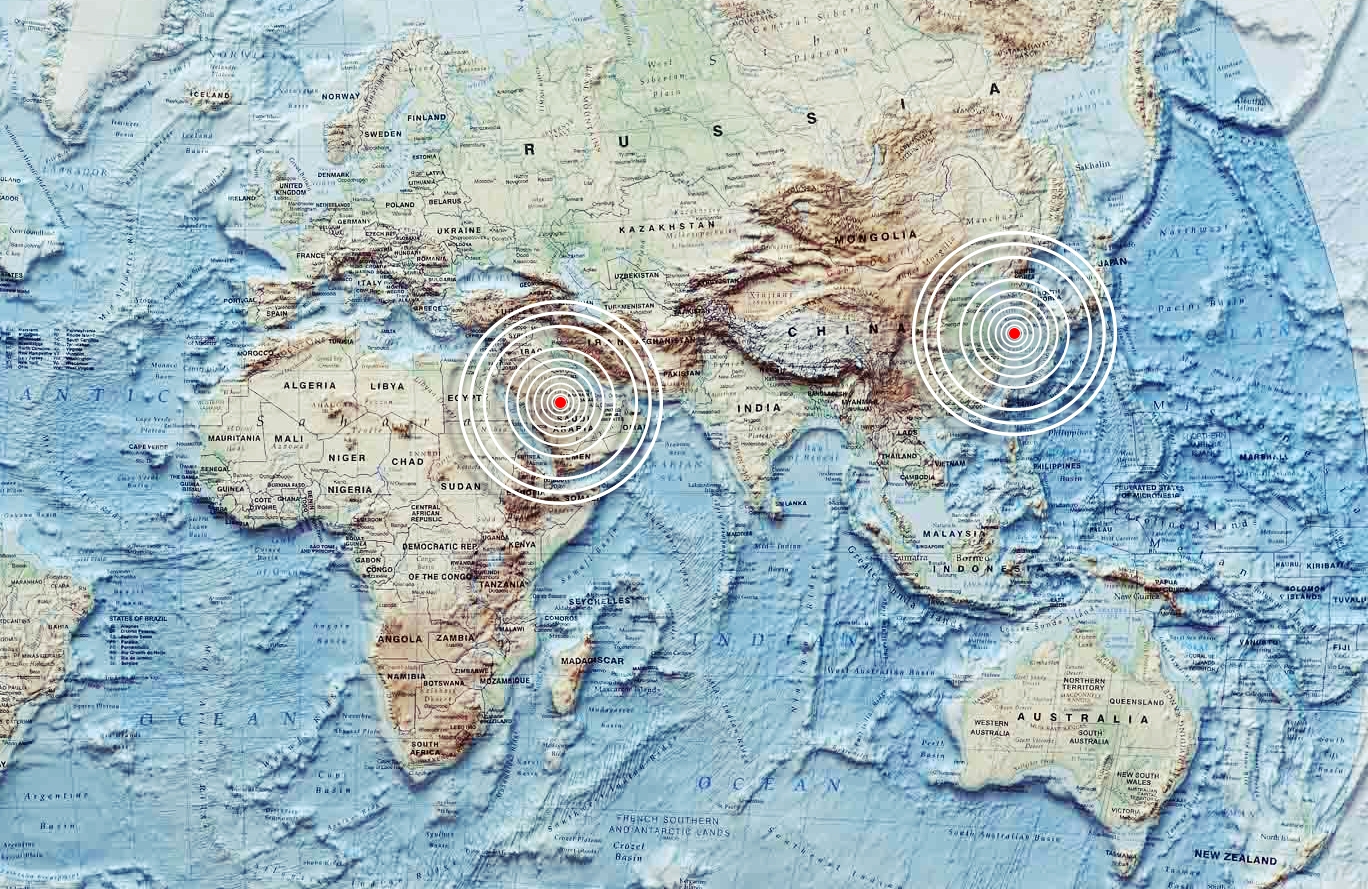
International Relations
The Geostrategic Competition over the Middle East and the Far East
There are notable signs of rising relative importance of the Far East region compared to the Middle East, which still enjoys a geostrategic advantage in the foreseeable future at least, as it is at the center of global conflicts with major powers competing to increase their presence in this turbulent part of the world; as such, will the Far East replace the Middle East in terms of significance?

Social Issues
The Future of Populist Movements in Europe
Right-wing populism is currently witnessing a historic moment in its political course; if this movement succeeds –in the medium term– in employing suitable conditions to enhance its presence in influential European capitals, a new European reality will exist, posing an existential challenge to the European Union as a unified political entity. Thus, what are the circumstances accompanying the growing populism in Europe? And what are the foundations of a voter-oriented populist discourse?
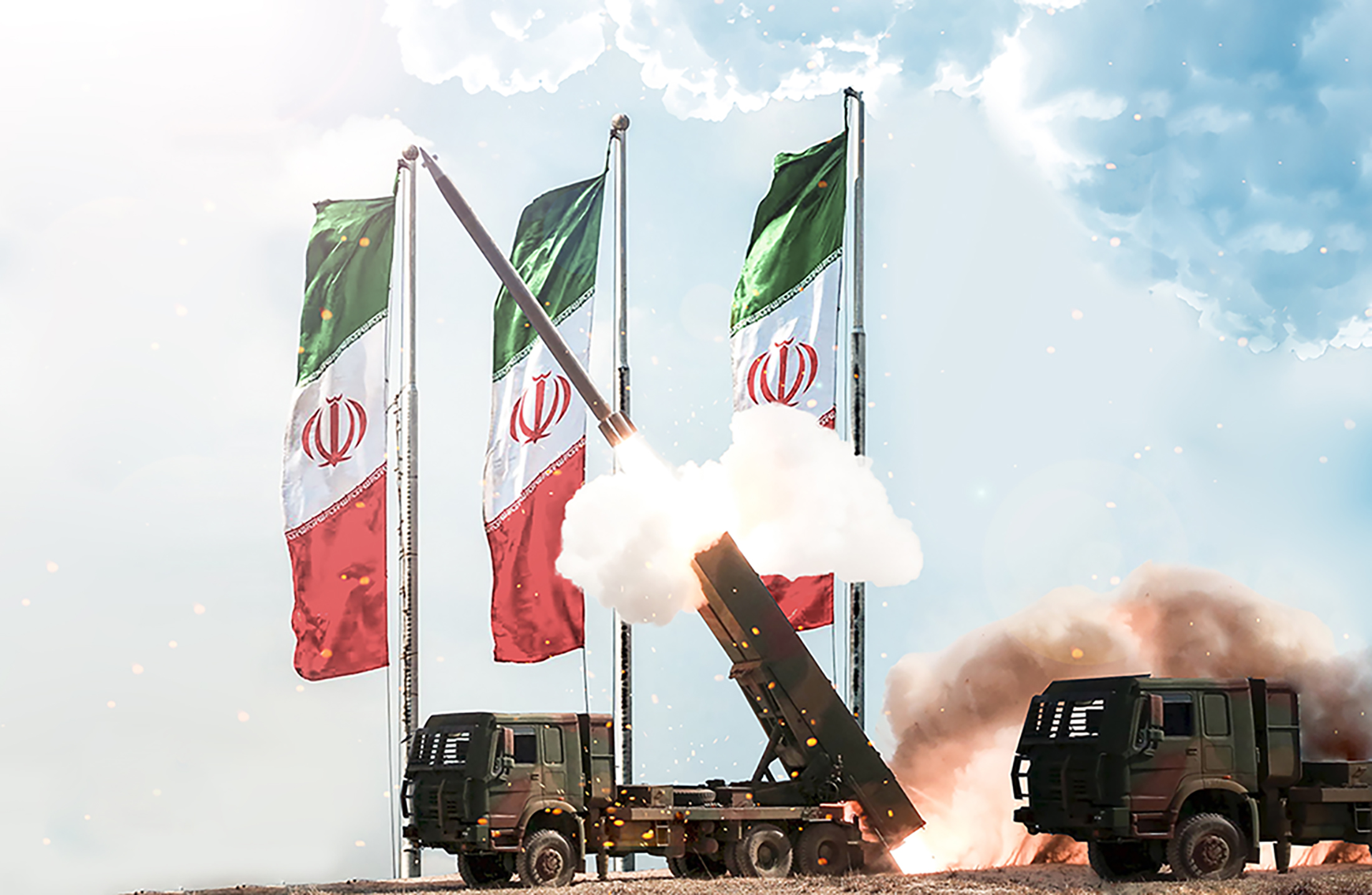
International Relations
The Future Course of Transformations in Iran
The sanctions imposed since 4th of November might encourage the region to achieve desired compromises and increase strategic costs of the Iranian influence in the region. Yet, Washington gives Iran a room for maneuver for two reasons; to resort to secret negotiations and to balance the pressure on Iran so as to avoid the eruption of war, a possibility that the region cannot endure its costs. However, there are no guarantees that the U.S. strategy would achieve its goals and bring Iran to negotiate over a comprehensive agreement; however, some believe that the use of U.S. escalating pressure could succeed in this strategy. Published in STRATEGIECS Outlook Report in February 2019, this article examines the extent to which Tehran can endure the costs of "maximum pressure", and to what extent will the U.S. administration proceed with its relentless efforts to change Iran's regional behavior?

Military Issues
How Can Military Technology be the Decisive Factor in Wars Before their Eruption?
Battlefields have witnessed a series of cumulative development qualitatively and quantitatively, driven by technological advancement and change in the mechanism and tools of ground engagements in areas where military operations take place. This article examines the strategic repercussions of technological military advancement and its role in the course of war resolution.
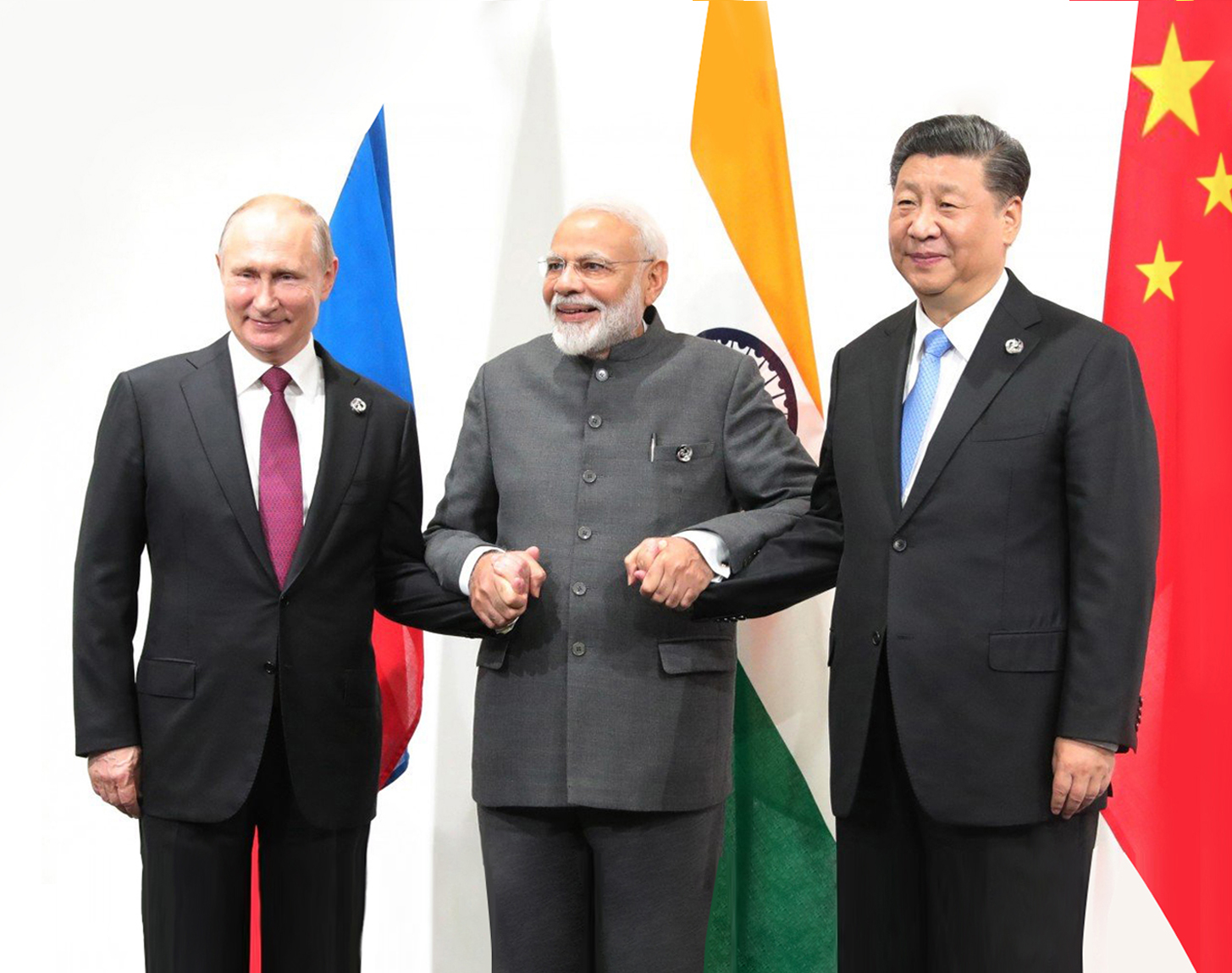
International Relations
The Rising Powers in the East
While the U.S. strives to reiterate its domination over the current world order, the continuity of such unilateral power, in the long run, is indefinite, given the emerging active international powers that seek to assert their presence in the international arena. Despite this heated competition over international issues, rational cooperation and costs of international conflicts prevent progressing this competition towards direct engagement. As such, this article discusses the future expansion of China, Russia, and India as rising powers and the extent to which such expansion would conflict with the existing balance of powers.
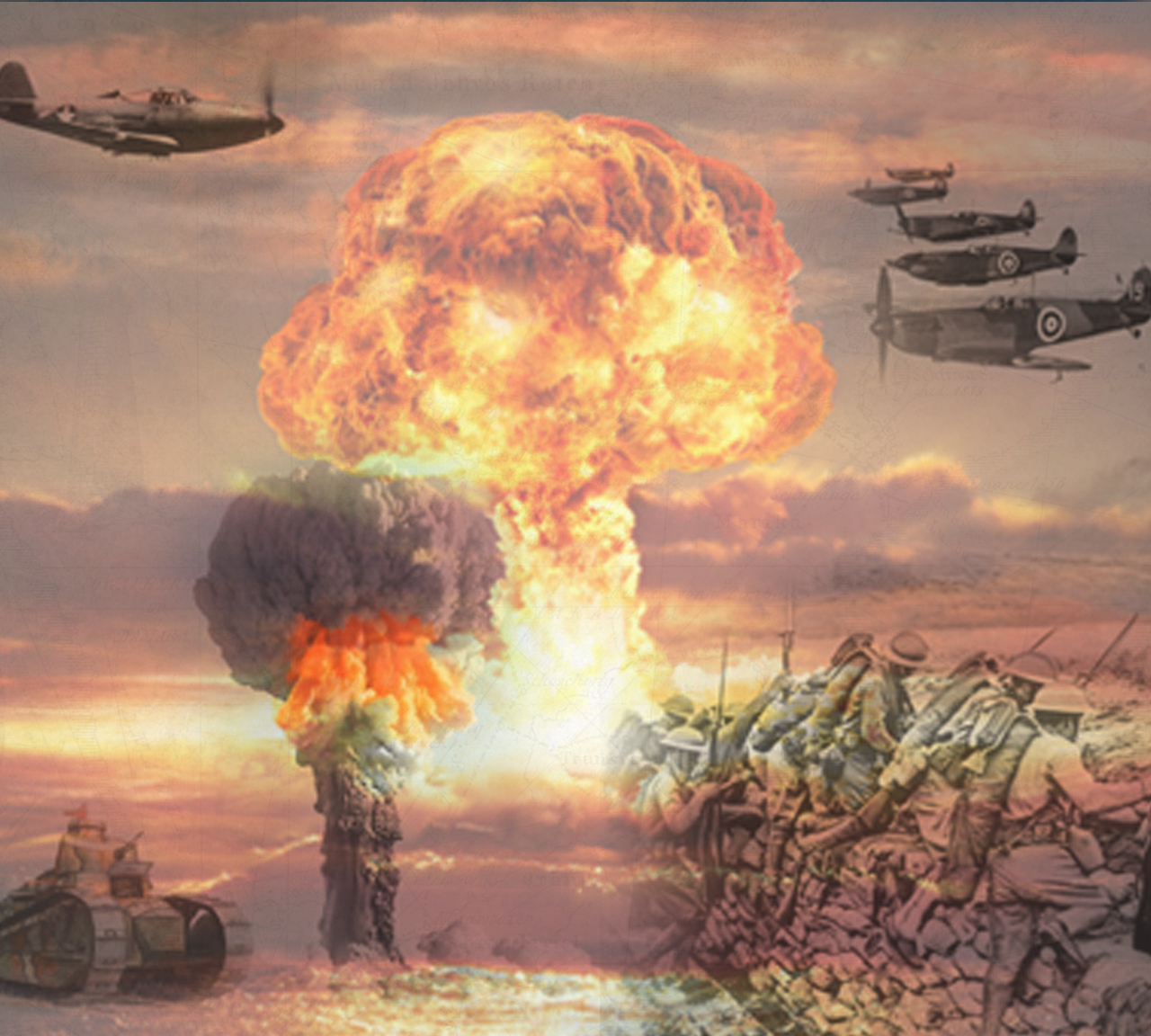
Military Issues
The Impact of Nuclear Power on the Concept of "Strategy"
Nuclear weapons still hold great appeal in the theoretical field, not only for the horror it raises when used but also for its key role in bringing about fundamental turning points in the nature and shape of the international system. Certain countries in the region and the world are keen on eliminating weapons of mass destruction in the Middle East. In this regard, 16 countries - with Jordan as the only Middle Eastern country - participated in the Stockholm Initiative on Nuclear Disarmament that was held on June 6, 2020, hosted by Germany and Sweden, marking its establishment's first anniversary. The 2019 Semi-Annual Outlook Report issued by STRATEGIECS discusses, in one of its topics, the implications of the entry of nuclear weapons on the concept of "strategy"; the report also predicted paths of escalation in the region, if two or more states acquire nuclear weapons.
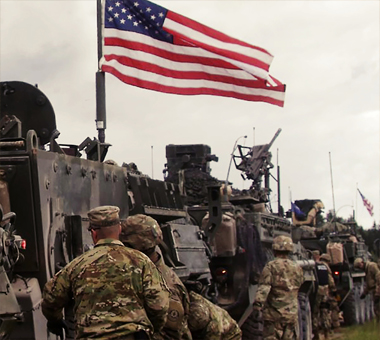
Military Issues
Relocating Forces or Redistributing U.S. Strategic Weight in Europe?
This report discusses U.S. President Donald Trump's decision to withdraw 9500 US soldiers from Germany. It also looks into the motives behind such a decision in light of the U.S.-European disagreement and the increasing Russian and Chinese presence in the international arena. This report tried to provide future insight into NATO members' unity in a very dynamic international environment.

Economics
Football Economy: How the Pandemic Caused Profits to Plunge at the World's Biggest Clubs
This article examines the most significant financial revenue sources for European football clubs in past seasons, reviewing estimates and figures of how these revenues were affected by the "Coronavirus" pandemic and addressing implications of this financial crisis on future competitiveness and popularity of football.
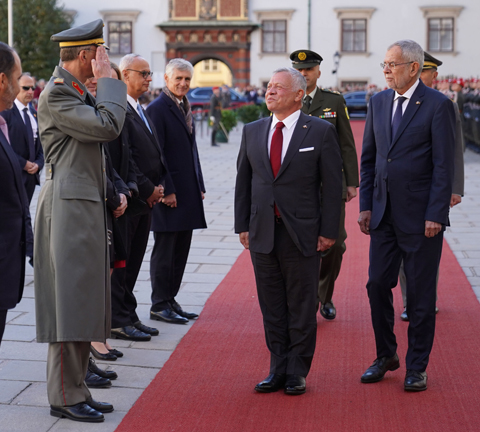
Jordanian Affairs
Jordan's Multifaceted Diplomacy Toward Europe
Europe is considered of great importance for the decision-makers in Jordan. Therefore, Jordan and the European countries have been involved in diplomatic interactions on many levels, the highest of which is King Abdullah’s meetings with European leaders. During the royal tour of Europe in October 2021, two unusual elements of Jordanian-European relations can be observed: 1- Diversification of Jordanian-European relations toward Central and Eastern Europe 2- Engagement in environmental diplomacy. The following report highlights these two elements from the standpoint of Jordan's higher interests.
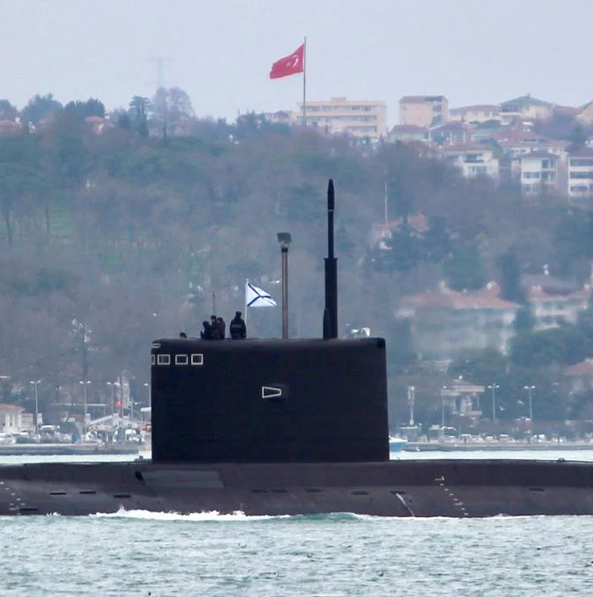
Military Issues
Military Features of Turkey's Role in the Ukrainian Crisis
This report outlines the major military features of Turkey's role in the Ukrainian Crisis and evaluates reflections of this engagement on both Ukrainian and Russian Crises. It also discusses the potential political consequences that Ankara might encounter amidst the strive to control an attitude towards the Ukrainian Crisis.
We use cookies to ensure the proper functioning of our website. For an improved visit experience we use analysis products. These are used when you agree with "Statistics".